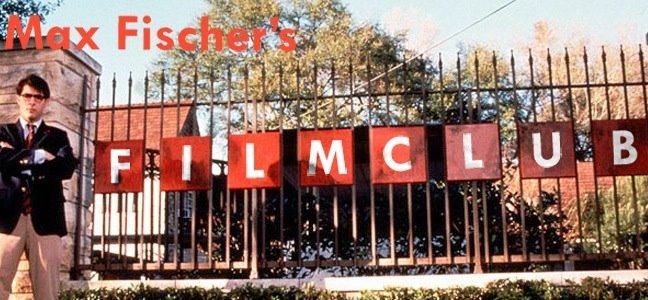 "A man’s gotta know his limitations"
"A man’s gotta know his limitations"Harry Callahan
I finally got round to seeing Zombieland at the cinema last week. A very entertaining and likeable film, thanks in part to the always welcome presence of Woody Harrelson. Harrelson is up there with the likes of Paul Giamatti and Tom Wilkinson as one of those character actors you can always rely on to bring something interesting to a role, regardless of the quality on display in the rest of the film. I’m not placing the success of Zombieland firmly on his shoulders, but his performance definitely enhances this film, which is currently doing very well financially, both internationally and in the U.S, and on a relatively modest budget. It’s a perfect example of how Hollywood can still thrive in the current climate.
Studios should be making use of these character actors whenever possible. It’s crazy to think of the amount of expensive, big name ‘movie stars’ who often fail to deliver, and the amazing selection of actors available who would do a much better job, and for a fraction of the price. Post-Cheers, Harrelson seemed to move towards the leading Hollywood man in his early film career (with roles in films like Indecent Proposal and White Man Can’t Jump) before straddling the line between character actor in supporting parts and leads in smaller, independent films. Now in his late-forties, making no discernable attempts at disguising his baldness, nor revealing any (noticeable) tale-tell signs of trying to fight the aging process, he’s a refreshing and appealing alternative to the traditional Hollywood star.
Billy Bob Thornton, now the complete antithesis of this, is a fascinating example of an actor who has tried to navigate the opposite route and vie for the position of leading man after playing grubby, outcast character types. Go back and watch some of Thornton's earlier work (the undervalued and underrated One False Move and A Simple Plan are two fine examples) and compare them against some of his recent duds. He looks like a completely different person. Botox, hair-plugs, multiple face-lifts and a seemingly overriding desire to resemble Burt Reynolds, appear to be his biggest crimes. All the unique attributes that once made him immensely watchable and put him in the same dependable league as the likes of Harrelson and Giamatti, have now been physically air-brushed out, rendering him redundant as either the lead or as the quirky support. Once dubbed a “hillbilly Orson Welles” by Robert Duval, I hope his name won’t be only thing that will be reminiscent of this praise in the future.
Ben Affleck is another who tried to make the leap and scrambled to keep himself falling off the edge. Originally one of Kevin Smith’s stock players and genuinely hilarious as the savage school bully O’Bannion in Dazed and Confused, Affleck was ushered into the position of matinee idol to almost unanimous critical and box office failure. Why couldn’t he have realised where his talent lay and developed the everyman, indie character actor he originally made his name with? I can’t think of a more apt metaphor than the story I read about the studio that backed Armageddon, paying for him to have his teeth ‘fixed’ before filming began. Unlike Thornton, Affleck has since had the chance to redeem himself via his talent as a director and by choosing acting roles which play to his strengths, including his praised performance in Hollywoodland, which ultimately earned him the best actor award at the Venice Film Festival.
Now I can’t possible begin to understand the pressures and struggles faced when trying to make it in Hollywood, with all the countless egos encountered and battled with, but wouldn’t it make sense for actors on the cusp of fame and recognition to use their supposed boundaries as an advantage and not as a handicap. In the end, surely career longevity must be more appealing than a couple of years fighting to be top at the box office and trying to fit in a box you clearly aren’t designed for. Audiences, however fickle they may be, soon pick up on this form of cinematic subterfuge.
After all, as they say, beauty is in the eye of the cinema ticket-holder.




No comments:
Post a Comment